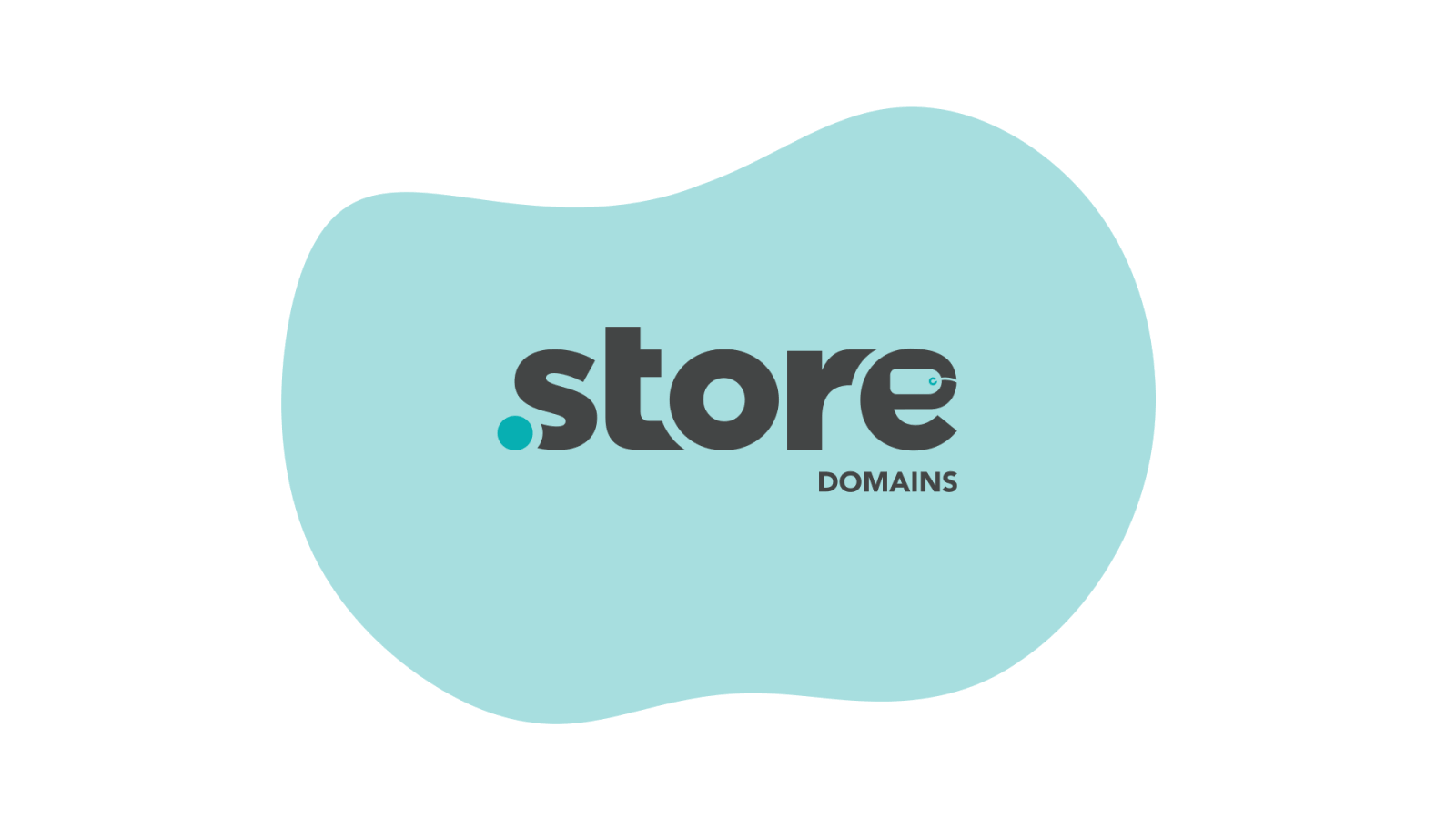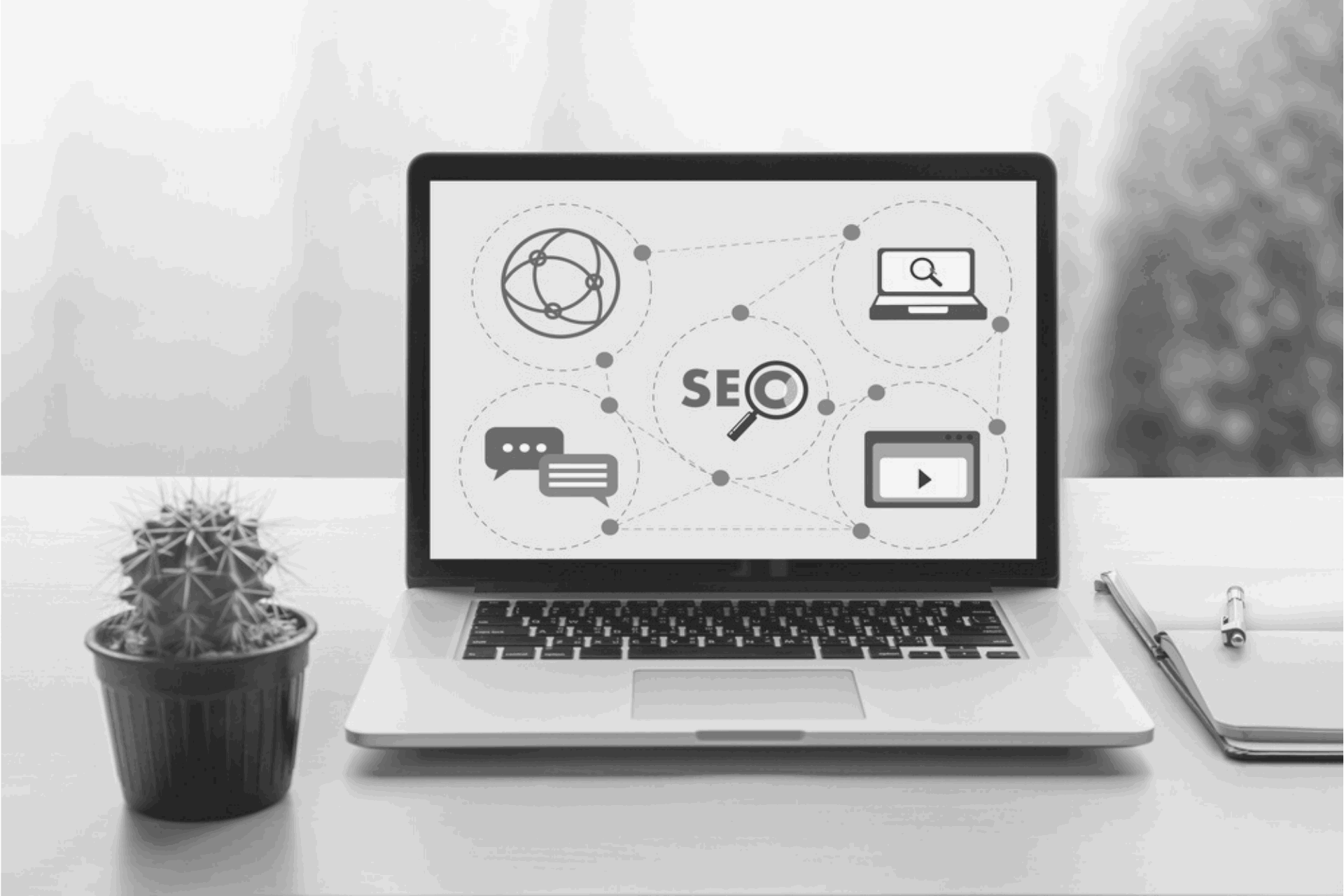What is the difference between white label and private label?

Private label and white label are two terms which are used synonymously. However, there are subtle differences between the labels due to their manner of sale of products.
In this article, we will discuss the meaning of white label & private label and similarities & differences between them.
What Does A White Label Mean?
A generic product produced by manufacturers for sale is termed as a white label product. Retailers are permitted to resell these products under their brand names.
White labeling is a process wherein the seller signs a contract with a manufacturer for the rebranding of a product via the retailer’s packaging designs and brand value.
Here’s what a white label contract broadly entails:
- The manufacturer of the product has control over the product’s ingredients, components, and characteristics.
- The retailer has no say in making variations to the product since they are just accepting generic products from the manufacturer.
- The retailer has full control over the product’s branding and packaging.
- The manufacturer is free to sell its products to multiple retailers. This causes a higher risk of competition between retailers when employing white labeling.
- The manufacturer, in the case of white labeling, has no ownership of the trademarks associated with its products.
What Is A White Label Example?
For example, let us picture a retailer who wishes to sell a generic pain relief medication. The retailer will uniquely brand this generic product by employing its packaging design, logo, style, and color scheme.
To receive such a generic product, the retailer will have to contact a white label product manufacturer. The retailers will then take a generic pain relief medication and rebrand it, to sell it to customers.
The manufacturers do not have to change their product at all since the only change is in the packaging and branding of the final product.
In a few cases, a reseller is present in between the value chain, who takes the generic product from manufacturers and rebrands it.
This final product is then sold to customers. If the retailer is a large organization, then they can omit the reseller completely, and work directly with the generic product manufacturer.
The origins of the term white label can be traced back to the record industry. Before the advent of the digital age, vinyl records were being sold in retail stores.
In that era, before mass-producing new music recordings, manufacturers used to create promotional records of the new music. These promotional copies were then delivered in sleeves with white labels on the records, nightclubs, disc jockeys, and radio stations.
This was done to gauge the audience’s reaction to the new recording. Such a practice helped record manufacturing companies arrive at an estimate of the number of records to be pressed, based on the popularity of the white label promotional records.
White label products have also found popularity in technology companies. White labeling has allowed technology platforms to be reused.
These platforms are developed by one company and packaged by a third party. Numerous applications sold under the model of Software-As-A-Service (SaaS) are perceived as a form of white labeling.
What Is Private Label?
Private label or private label manufacturing is quite similar to white label manufacturing.
The key difference is that in private label manufacturing, the product is sold exclusively by the manufacturer to a single retailer and cannot be sold to multiple retailers.
Here’s what a white label contract broadly entails:
- The retailer, in the case of private label, defines the product characteristics. Retailers can prescribe variations in the generic product manufactured by the manufacturer.
- Manufacturers have to produce by taking the customizations asked by the retailer into consideration. This customization may includevariations in package quantity, composition, and ingredients.
- The retailer has full control over the product’s branding and packaging.
- Manufacturers have complete control over the production process of private label products. However, manufacturers cannot sell the same product to multiple retailers. This makes private label products unique and less prone to competition in the industry.
- In the case of private labeling, the manufacturer has no ownership of the trademarks or identity associated with their products.
What Is A Private Label Example?
Let us consider a scenario wherein a retailer wishes to sell a household product like a scented candle, under a private brand. The retailer will have to approach a private label manufacturer and describe its requirements to make the product unique.
In the case of a scented candle, the variations can be made in size, scent, color, and shape, to help the product stand out in the marketplace.
The private label manufacturers consider the specifications given by the retailer and manufacture the product accordingly.
Should You Private Label My Product?
Private labels are well-known and permit retailers to offer a product of specific characteristics under a private brand.
A private label product can be customized by the retailer to stand out in the hyper-competitive marketplace and thus, gain a competitive advantage.
There are numerous private label manufacturers for an array of product types that you can sell such as:
- Water
- Vitamins & supplements
- Sweeteners
- Pet supplies
- Pharmaceuticals
- Personal care products
- Pens
- Paint
- Foods
- Cosmetics
- Clothing
- Chemicals
- Candles
- Beverages
- Adhesives
If you are a retailer and require a product, which has a competitive advantage in the market, then you should opt for private label products. This will help you in building a strong brand around that product and highlight it’s USP. You will also be able to customize the product along the process to make it unique and relevant to the market.
White Label Vs. Private Label – Differences And Similarities
| White Label | Private Label | |
| Differences | Usually software or other technology that’s non-perishable. | Physical, consumable goods. |
| Can’t be customized much and the same product is sold to all retailers. | Can be customized differently for different retailers. | |
| Increased product complexity and less production. | Can be mass manufactured. | |
| Similarities | Allows manufacturers to focus on productions and resellers to selling. | |
| Creation of new business is driven through the reseller dependant framework. | ||
| Both models encourage market competition between resellers. | ||
| Manufacturers focus on B2B branding and resellers focus on B2C branding. | ||
| Both manufacturers protect themselves from market instability by distributing through resellers. | ||
White Label Vs. Private Label – What Should You Choose For Your Online Store?
While there are some similarities between white labeling and private labeling, there are also some significant differences.
The most significant difference is that under the agreement in white labeling, manufacturers are permitted to create a generic product that they can sell to multiple retailers.
Whereas, the agreement under private labeling, the product is exclusive to just one retailer.
Another key difference between white and private labels is the permissible degree of customization.
In white labeling, retailers have no control over the details of the product, and thus have to accept the generic product manufactured by the manufacturer.
In private labeling, the retailer has a greater degree of control over the product’s composition and customization to create a product that is unique to the marketplace and has a competitive edge over its competitors.
It all comes down to gauging what is more important to you as the reseller or retailer while choosing between white label and private label.
The private-label approach requires a higher investment of financial resources, research, and time, but gives greater control over creating a unique product and its customizability.
The higher investment helps the retailers to eventually gain better margins on the sale of the products, as opposed to white label products.
The white-label approach requires a lower investment of financial resources and time. It also helps to gain faster entry to the market, but the retailer, in this case, will have to build a strong brand around the product.
The margins earned on the sale of the products will also be lower, and thus the retailer might find themselves in a price war with competitors.
Conclusion
In both the white label and private label cases, the retailers benefit from their partnership with manufacturers. This is so because retailers can offload the details of production to the manufacturers and move their primary focus on the sales and marketing aspects of the product.
From the standpoint of customers, the product has the branding of their preferred retailer, and hence there is no perception of the manufacturer.







